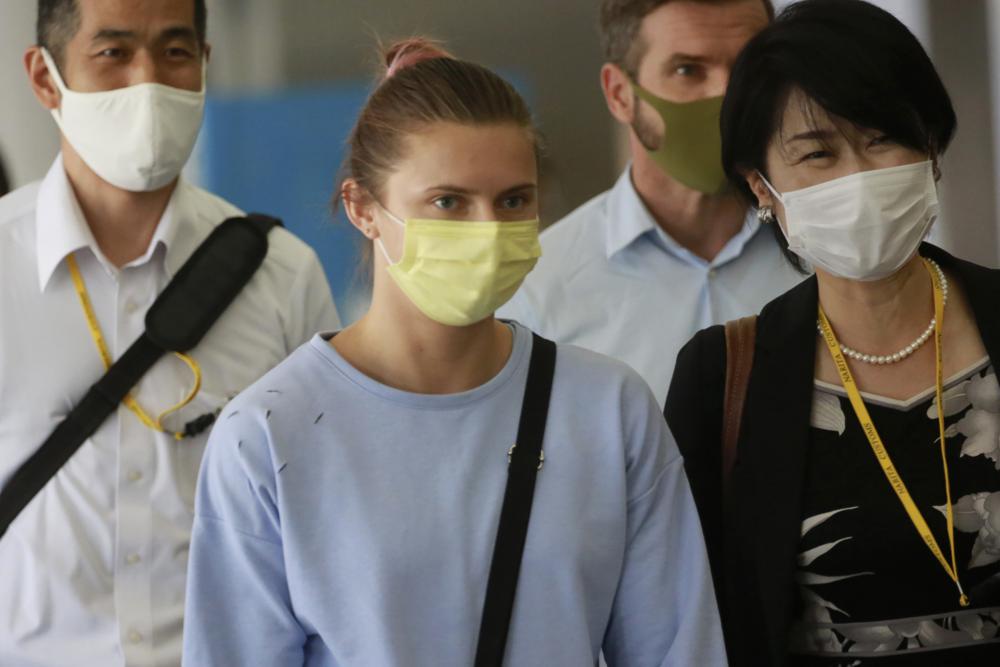Belarus, the former Soviet satellite, is bristling. The crisis is tragically personified by the fact that the Olympic sprinter, Krystsina Tsimanouskaya, fled to Poland this week, saying she feared reprisals back home after a dispute with her coaches in Tokyo.
Well and truly has the turmoil impinged on the individual. The truth arguably lies between two radically different perceptions. The Belarus authorities have described as shocking state media reports on an Iraqi migrant who died while trying to cross over to Lithuania.
Advertisement
The latter calls it a fiction, a story invented by Belarus to condemn its neighbour amidst a growing crisis in which migrants have been used as pawns by the Belarus leader, Alexander Lukashenko. Amidst the conflicting accounts, Lukashenko is raising the stakes in his showdown with the West as his country becomes increasingly isolated, his crackdowns on dissent widen and his tactics grow more defiant.
And this includes the opening of routes for thousands of migrants ~ Iraqis in the main ~ to enter Lithuania, a member of the European Union. Belarus’ accusations against Lithuanian border guards came as the Belarussian Olympic runner, Krystsina Tsimanouskaya, flew to Poland to seek asylum, saying she was afraid to fly home to Belarus after criticizing her country’s Olympic team.
When Belarusian state media on Wednesday reported the death of an Iraqi migrant near the Lithuania-Belarus border late on Tuesday, Lukashenko blamed Lithuania, slammed the border shut and called neighboring countries “Nazis.” Belarussian state television aired footage of the bruised and battered body of a man it identified as Jafar Hussein Yusuf Al-Haris (39).
It broadcast an interview with two men described as relatives, flown in from Iraq last Thursday to claim the body. But Lithuania dismissed the entire story as a fabrication. The short point, at least in terms of geopolitics, must be that both former satellites are in dire ferment. Lukashenko, smarting from tough Western sanctions, has tried to strike back by “exporting chaos” and accusing Western neighbours of plotting a coup against him.
He has warned that the deepening border crisis was a “very dangerous situation” that could trigger an armed conflict. “We warned them, so let them think,” he said, referring to Lithuania. “But to get to the point of killing people and throwing them half-dead on our territory ~ well, Nazis is all that can be said about them.”
The narrative of the region suggests that Lukashenko’s use of a migrant crisis to destabilize neighbours is unlikely to trigger any rethink on Western sanctions over his violent crackdown on the opposition after last summer’s presidential election, which ignited massive protests over widespread assertions that the outcome was rigged to keep the President in power.
Thousands of people have fled Belarus for neighbouring countries amid Lukashenko’s crackdown on opposition figures, human rights activists and journalists. With Belarus isolated from the West, Vladimir Putin stands by Russia’s ally. It has been a year of repression post the disputed vote.











